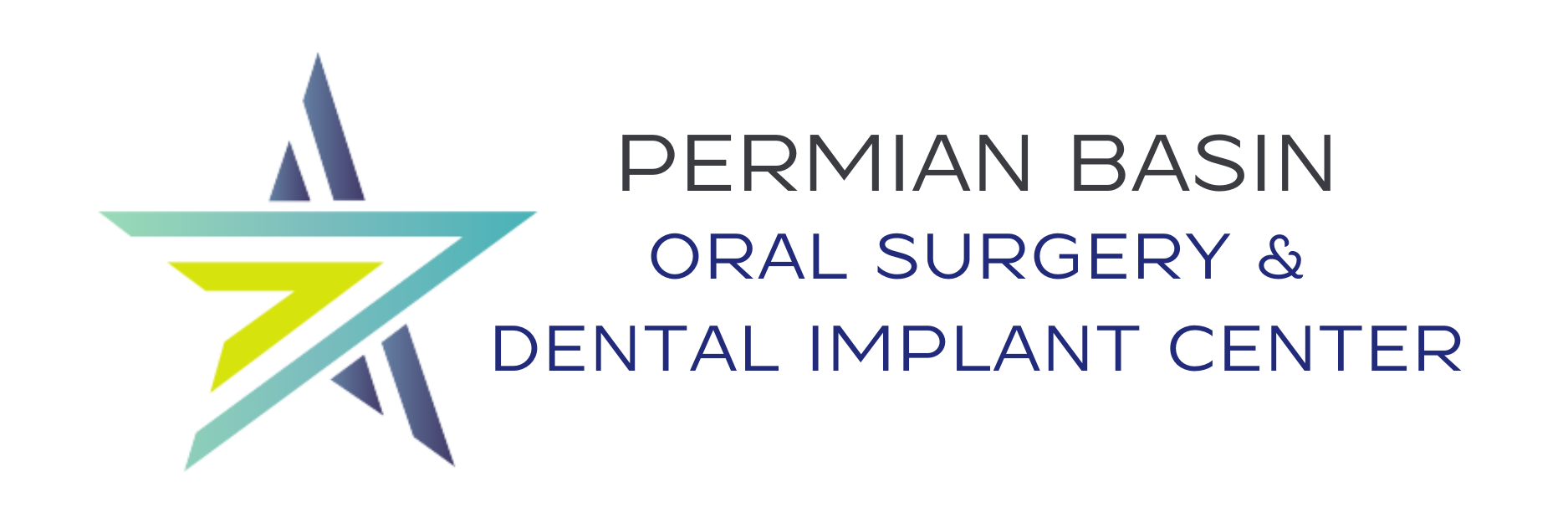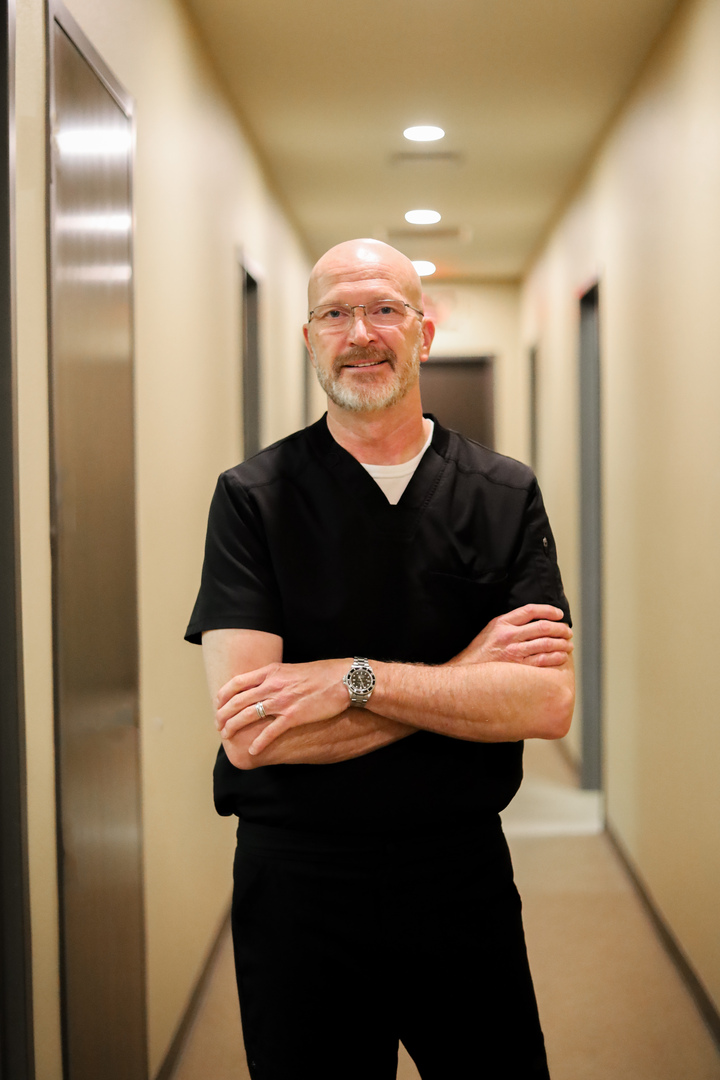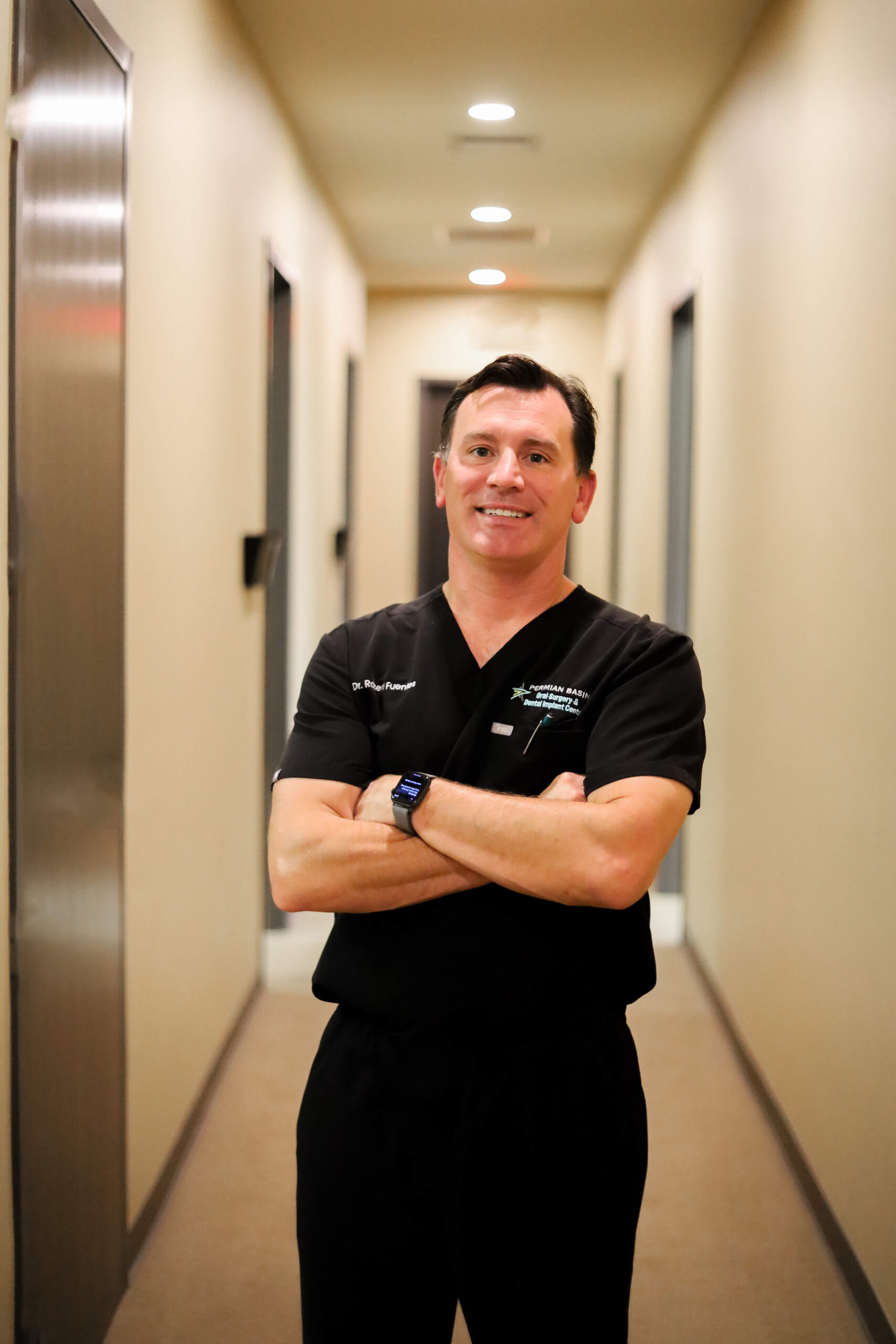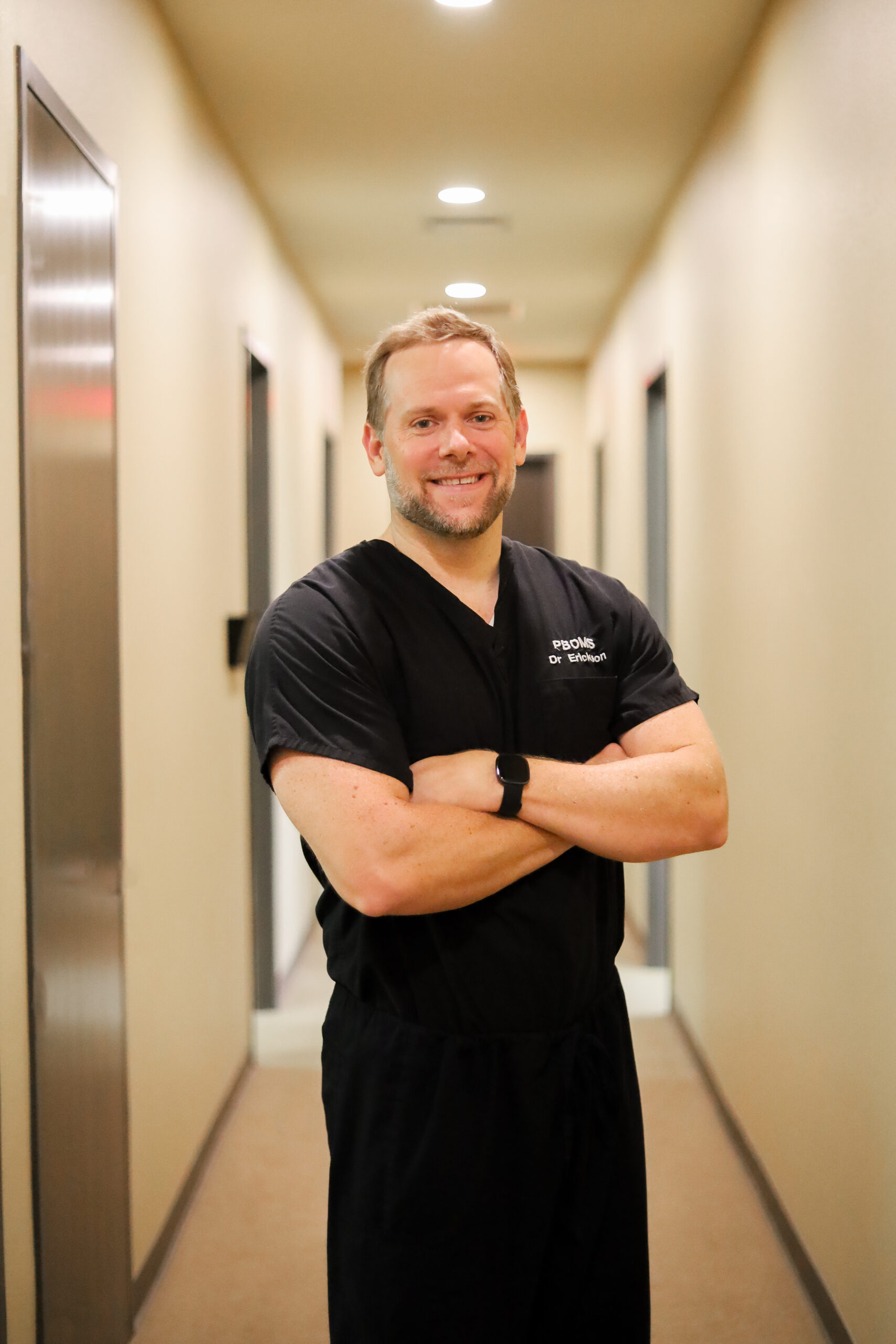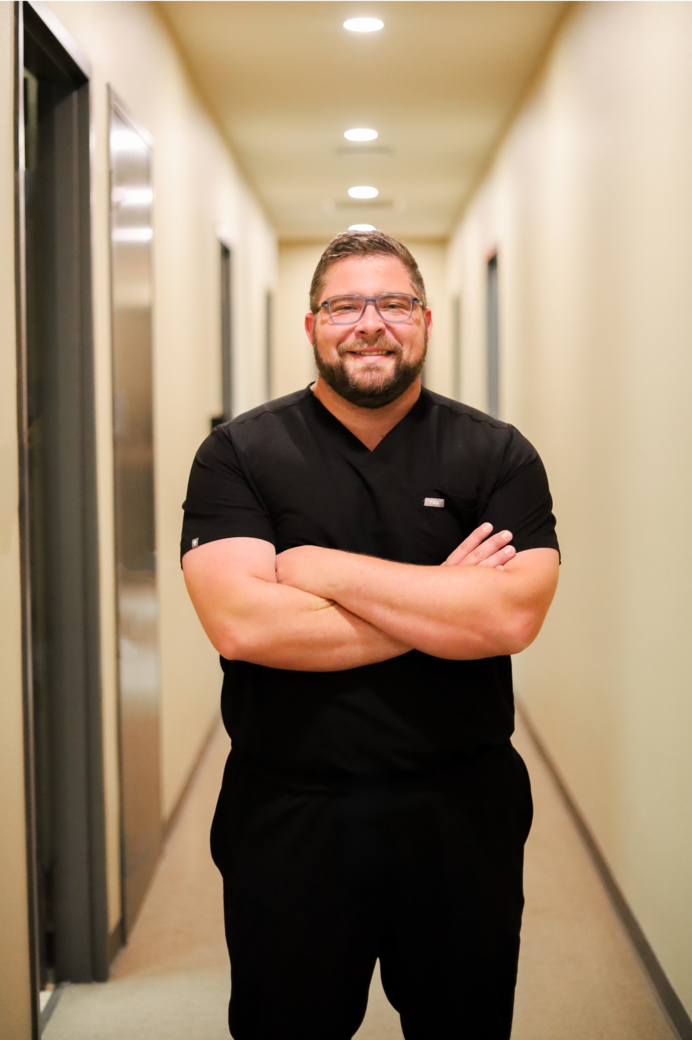The cornerstone of your smile
Impacted Teeth
Canines help the other teeth in your mouth align together properly and are usually the last to come in. These teeth have the longest roots compared to other teeth and are intended to be the first teeth that touch when the jaws close. They guide the other teeth to align into a proper bite and help alleviate some of the pressure when you chew.
However, because canine teeth emerge later than other teeth, they may become impacted. This means that a canine may be stuck and unable to fill in the correct place next to the other teeth. An impacted canine can cause pain, affect your bite, and place you at risk for infections.
Why is early detection key to successful treatment?
Teeth develop into the mouth by growing and erupting through the gums into their natural position. Sometimes, a tooth gets trapped and either does not completely erupt or only partially emerges into the mouth. When this occurs, the tooth is said to be impacted. The most common impacted teeth are the wisdom teeth, or third molars, in the far back of the mouth and the canines in the front of the mouth.
A tooth may become impacted for a variety of reasons, including
- Overcrowding of the teeth in the mouth
- The presence of extra teeth or the lack of normal adult teeth
- Unusual growths that block the tooth’s proper eruption
- Inability of the tooth to follow the normal growth track of adjacent teeth
It is important to receive early diagnosis and treatment of any impacted teeth. With early diagnosis and treatment, you will potentially avoid misalignment and the costly dental or orthodontic treatments that are needed as a result. To determine if a tooth is impacted, your doctor will perform a thorough oral exam. The presence of redness, tenderness, puffy or swollen gum tissue, or drainage in the area of the tooth may indicate an impacted tooth. If an impacted tooth is suspected, it can be confirmed with an X-ray.
Exposure and Bonding
One of the most frequent treatments for impacted teeth is a procedure called exposure and bonding. This treatment requires the orthodontist and the oral surgeon to work as a team to properly align the rest of the teeth in order for the impacted tooth to grow in properly. The orthodontist first prepares the mouth by moving the full-grown teeth into their correct position in the mouth. This leaves room for the impacted tooth to grow into its natural position. Then the oral surgeon lifts up the bone and gum that are covering the impacted tooth to expose it. Once exposed, the surgeon attaches an orthodontic bracket with a very small chain to the impacted tooth. Then the orthodontist uses the chain to gently pull on the impacted tooth. Over time, the impacted tooth moves into its proper alignment among the rest of the teeth.
If you suspect you might have an impacted tooth, we encourage you to contact our office to schedule an initial consultation. Our board-certified oral and maxillofacial surgeons look forward to caring for you in one of our accredited surgical facilities in Midland or Odessa, Texas.
What to expect during surgery for an impacted canine.
Oral surgery for impacted canines is very common. The procedure to expose and bracket an impacted tooth is relatively straightforward and requires little time. Our oral surgeons at Permian Basin Oral Surgery & Dental Implant Center use laughing gas or local anesthesia to sedate the patient. Then, depending on if the eyetooth needs to be exposed, bracketed, or both, the surgeon will perform the procedure. You will then be prescribed painkillers and be directed to designate time to relax and recover.
At Permian Basin Oral Surgery & Dental Implant Center, we have been performing surgery on impacted canines since 2000. We have years of experience and utilize cutting-edge technology for accuracy and comfort. When you turn to our oral surgeons, you get premium care and solutions. Visit our locations or contact us online to schedule a consultation.
Get to know us.
At Permian Basin Oral Surgery & Dental Implant Center, we strive for excellence in serving you. Our board-certified surgeons and expert staff will provide the care you need and deserve.
